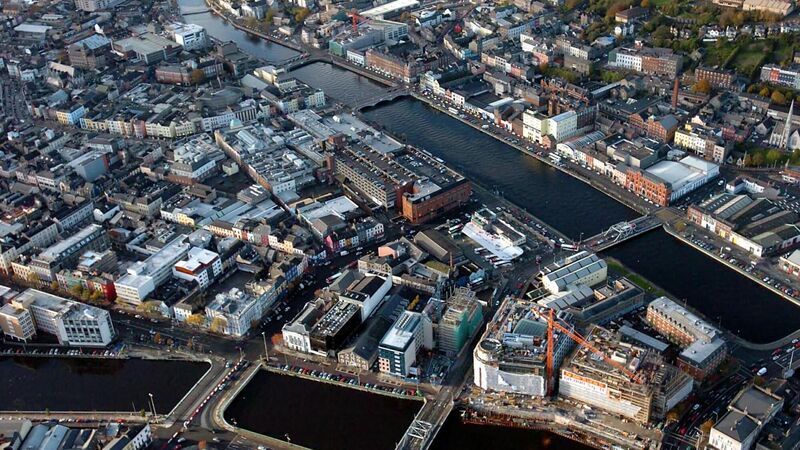Irish Examiner view: Cork takes steps to make the city feel safer

Shoplifting and other crimes are falling in Cork City — although that may not be immediately apparent to people reading last week's news of two stabbings in the city. File picture: Dan Linehan
It should go without saying that everybody who visits one of our cities should feel safe, and yet, many things are happening which cast that in doubt.
So it was that city and business leaders in Cork met last week to discuss ways of making the city safer.
















